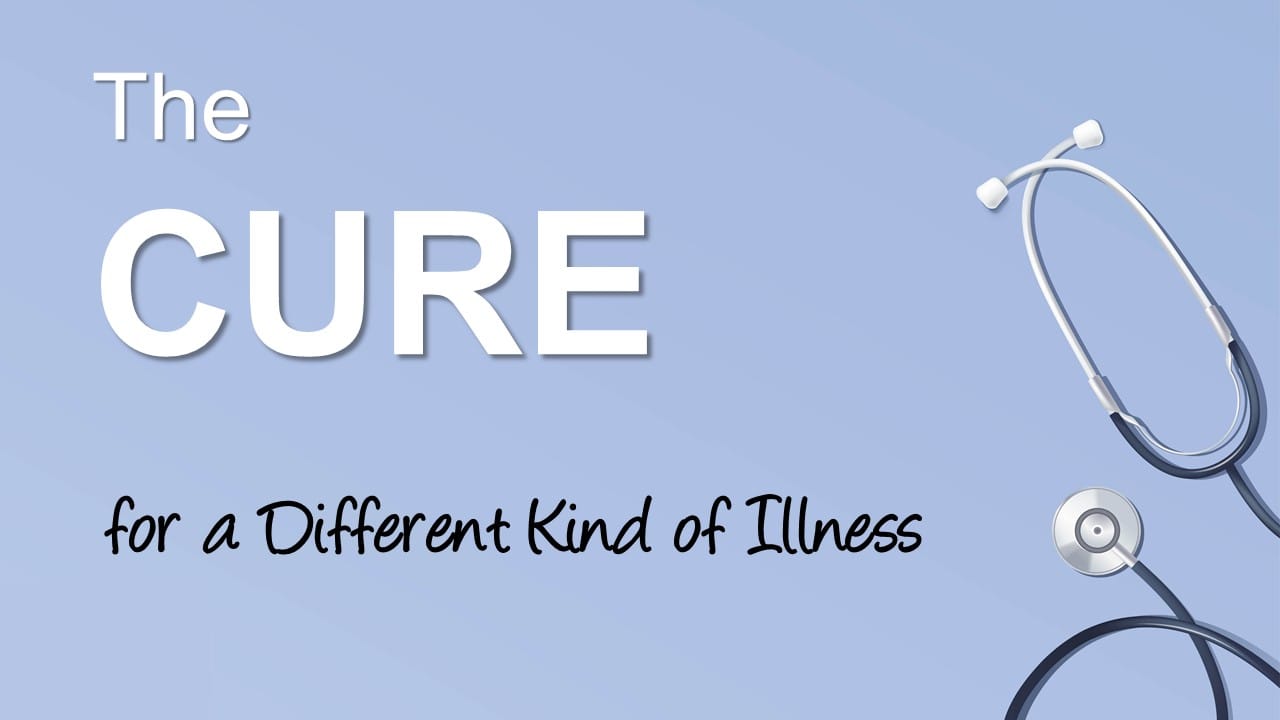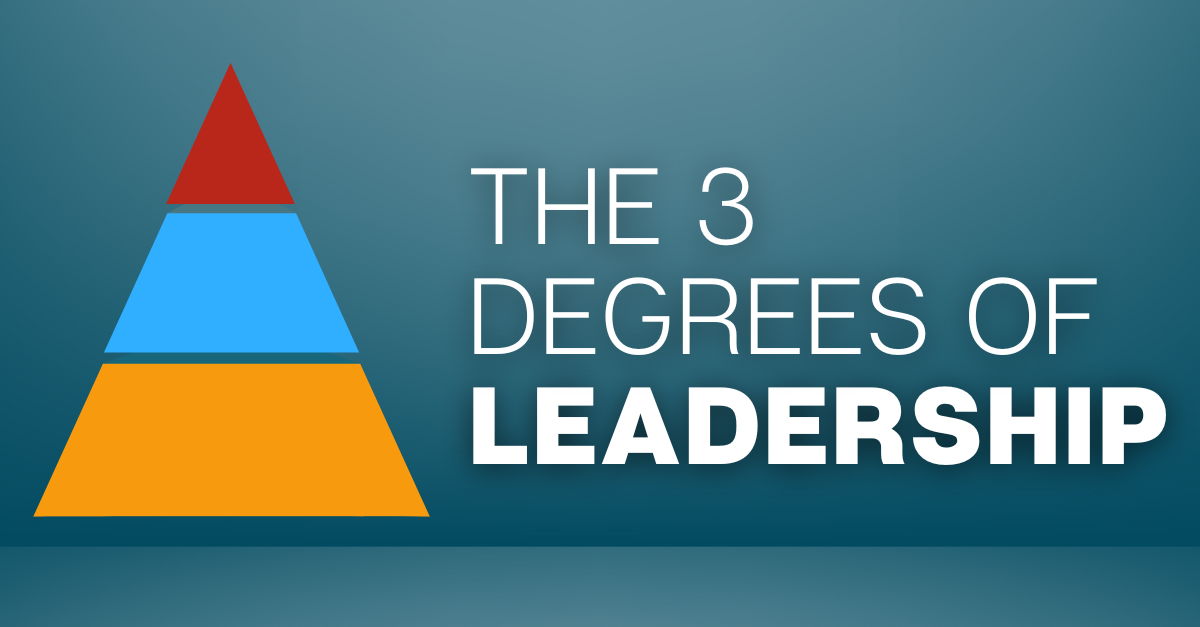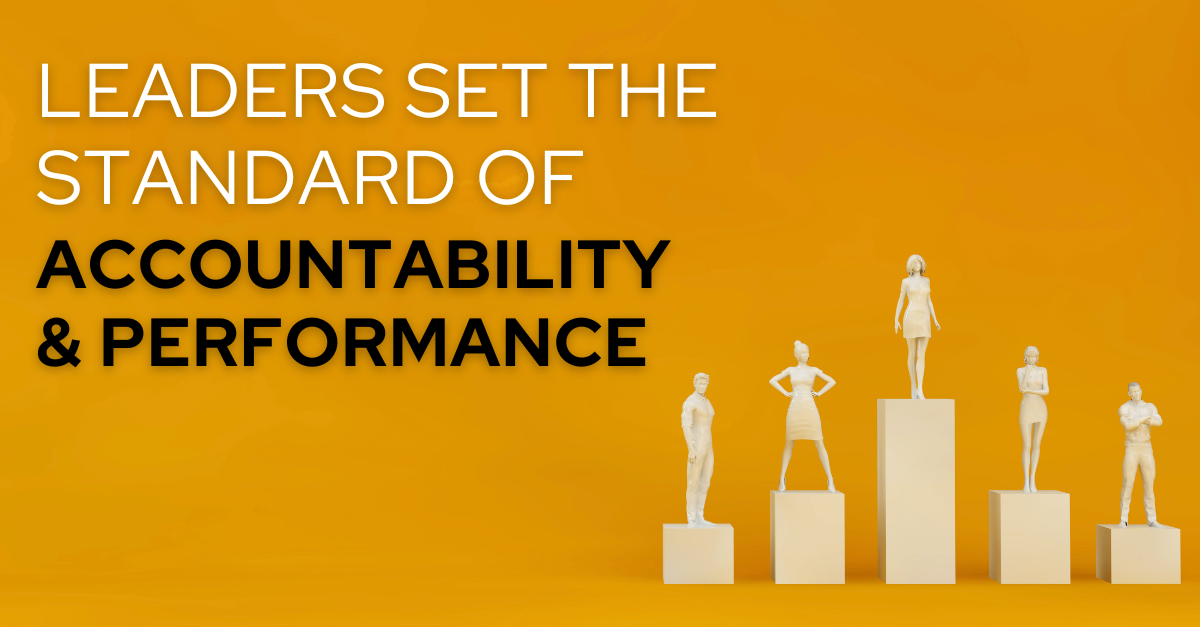It feels like the COVID-19 pandemic has transformed our lives almost over night. The current global crisis seems to consume our every waking moment. It dominates the news and our conversations. Almost nothing else seems to matter right now.
It has been said that people’s true colors shine through in a crisis. As I have watched the events of the past several weeks unfold, it has become clear to me that there is another illness that is spreading through our society that we must confront very soon.
There seems to be an almost binary division in the way people have responded to the current crisis. The difference between these two approaches is the difference between those who have an individualistic mindset, and those with a collective mindset.
Two Very Different Responses To Problems
Individualistic Mindset
While there is understandable knee-jerk reaction to behave selfishly in crises, some people give into that instinct and focus on fulfilling their own needs at the expense of others.
Recently, the most glaring example of this behavior is hoarders. There have been numerous media stories in recent weeks of people who have bought up essential commodities in order to sell them to others at a premium. These people have put their own interests above the welfare of others who have gone to the grocery store to purchase essential items only to find the shelves bare.
People who think individualistically are primarily concerned about their welfare without regard for the welfare of others. They believe they are an island and fail to see how their individual actions affect the larger group.
Collective Mindset
By contrast, other people resist the temptation to focus on themselves. Instead, they recognize that their actions affect the greater whole, and they choose to behave in ways that produce better outcomes for all.
A good example of this behavior is those who have complied with public health guidelines to physically distance themselves as best they can, and they have done so as much for the safety of the general population as for the safety of their loved ones.
People who think collectively see themselves as part of a system of interconnected moving parts. They recognize that their welfare is inseparably connected with the welfare of the greater whole.
I believe that the greatest single difference in how our world will turn out over the next 20 – 50 years depends on the degree to which we are able to get people to think and behave collectively rather than individualistically.
Social Mindsets Produce Different Outcomes
The distinction between these two mindsets reminds me of Stephen Covey’s teaching about three different social paradigms: dependent, independent, and interdependent.
Dependent
We are born into this world dependent upon others for our survival. As a result, we have learned to create social connections with others to get what we need.
Most people become less dependent and more independent as they mature. However, we see many examples of otherwise fully capable adults displaying dependent behavior, otherwise known as the ‘victim mentality.’
Dependent people tend to have trouble holding down a job, and in their wake, they often leave a myriad of broken relationships. When they get fired or ‘break up’ with friends and family, it’s always someone else’s fault.
The dead give-way of dependent thinking is blaming other people or circumstances for their problems. Dependent people have an individualistic mindset because they are singularly focused on their own perspective and refuse to take accountability for how they contribute to their problems.
Independent
Independence is often celebrated in western culture. And, in fact, independence is far superior to dependence. Independent people are self-sufficient and sometimes referred to as ‘self-made.’
Individual success is strongly correlated to one’s ability to be independent. Independent people make their own ‘luck’ by choosing to act and taking responsibility for their actions to achieve success.
However, there are limitations to being independent. Research has shown that many successful people fall short of their potential because, while they take accountability for their successes, they resist taking accountability for their failures. Consequently, they don’t learn from their mistakes.
Many successful CEO’s for example, routinely blame a bad economy or ‘unforeseen events’ to explain poor company performance. Many politicians are quick to blame the previous administration for problems they say they ‘inherited,’ when clearly there were things they could have done differently to mitigate the predicament.
Like their less-successful counterparts (dependent people), independent people fail to take accountability for how their actions, or inactions, contributed to the present troubles. They choose to focus their energy on deflecting blame and protecting their egos instead of on solving the problems for the greater good.
In short, the glaring weakness of being independent is selfishness.
Independent people have an individualistic mindset because they put their own ego and interests above the welfare of those around them.
Interdependent
Interdependence is the understanding that your welfare and ultimate success is inextricably connected to the welfare and success of those around you.
To say my fate is not tied to your fate is like saying, your end of the boat is sinking.
– Hugh Downs
Interdependence requires both the ability and willingness to improve the outcomes of the greater whole.
Interdependence is built upon a foundation of independence. You cannot effectively help others until your own needs are first met. It’s a natural sequence of events. This is why, during airline safety demonstrations, flight attendants instruct passengers to put their own air mask on before attempting to help others.
Interdependent people take full accountability for their actions and accept the consequences, whether good or bad. They have achieved some degree of success and have therefore earned the ability to help others.
The difference between independent people and interdependent people is the latter choose to leverage their success to lift others.
Doing so often requires a certain degree of personal sacrifice.
Leaders such as Mahatma Gandhi, Nelson Mandela, and Dr. Martin Luther King, Jr. are remarkable examples of the impact that interdependent thinking and action can have on the world.
Even business leaders can have a profoundly positive impact on society, such as Michael McCain’s handling of the 2008 listeria outbreak at Maple Leaf Foods. McCain took accountability for how his actions may have contributed to the problem, which allowed the company and government officials to focus their energy on solving the problem.
Today, New York Governor Andrew Cuomo is demonstrating interdependent character during the current crisis.
Notice a pattern in these examples? They are all leaders. That’s not a coincidence. Stephen Covey once wrote “the moment you step from independence into interdependence in any capacity, you step into a leadership role.”
Why is that so? Because leaders look out for the welfare of others.
However, being in a leadership position does not make you a leader. For instance, Gandhi held no significant official leadership position. It is your ability and willingness to lift others that makes you a leader.
For example, when an owner of a small distillery in Pennsylvania saw a desperate need for hand sanitizer during the COVID-19 pandemic, he decided to act. Chad Butters, shut down his production of bourbon to create hand sanitizer and donate it to his community.
Chad was not responsible for the COVID-19 pandemic, but he saw a problem, was in a position to help, and decided to be part of the solution.
The Cure for Individualism
Individualism is a symptom of the virus of low accountability – people who refuse to take ownership of problems and their solutions.
A great mass of people in our western society are infected with the “me” bug—disregarding the impact their actions have on the welfare of the greater whole.
Before the current pandemic shined a light on this great divide, we have all seen abundant examples of people whose selfish behavior hurts the organization they work within. From executives who give themselves pay raises while laying off thousands of workers, to middle managers embroiled in counterproductive turf wars, to factory employees who walk past obvious safety or operational problems without fixing them or bringing them to anyone’s attention.
When companies and societies get enough people who think and behave individualistically, everybody suffers. A selfish CEO’s singular focus on profit over people will eventually backfire when low morale erodes performance. Self-absorbed managers and complacent employees will go down with the ship as they expend their energy pointing fingers instead of solving problems. And individualistic members of society will soon find themselves living in a dystopian world unless more of us begin thinking and acting more interdependently than we have in the past.
The cure for individualism is for each of us to take greater personal accountability for the problems and solutions within the organizations we operate—our families, workplaces and our society.
We may not have created the organizational and societal problems we find ourselves in, but we can choose to contribute to the solutions.
We may not have created the organizational and societal problems we find ourselves in, but we can choose to contribute to the solutions.
Discover how to develop greater personal accountability in this FREE WHITE PAPER.








8 Responses
Thank you – insightfully thorough piece.
I have become aware that what was once a pleasure able outing I.e. grocery shopping
, now is a threating one.
Egads
Glad you enjoyed it Jim. Looking forward to hearing your insights on other articles.
I really liked the article Michael, clearly, much as we ‘think’ we are independent, we are not. Nature, fortunately is a great leveller. For all the wisdom that collectively exists, we still needed an invisible virus to show us that no matter how far we are geographically, what happens to you, impacts me. Sooner or later. And there is no ‘them’ and ‘us’. It is just ‘us’.
As we share or don’t share equipment, expertise, ‘try’ and protect our own vs finding ways to meet demands by dialogue, we will find that that philosophy has only short term and personal gain. In the long run, we are all connected and interdependent. My half of the boat cannot sink without you getting wet. Thank you for sharing.
Great comments Niloo. Thank you.
Glad to see my message was received in the spirit it was intended.
My country is in a total lockdown where we are allowed to go out only for essential grocery shopping. However, there is a rising number of people who continue to go for their regular walks and jogs (individually or in groups, with and without masks) which is causing a great deal of consternation to some people witnessing it from the safety of their homes. When requested (by the police or the neighbours), they are politely or rudely dismissive of the need to comply (mind your own business kind of responses) much to the bafflement and frustration of the local residents. The explanation provided in your article sums it up rather nicely- thank you for sharing this perspective- shall pass it on!
Hi Isabel – thanks for sharing what’s happening in your country and how you are seeing the different types of social mindsets manifest themselves. I think the best thing we can do is provide a non-judgmental example of what it means to be interdependent and help others see the ways in which we are all connected and how our actions impact the greater whole.
I disagree with your article on so many fundamental levels.
You have not described individualists in an accurate way at all. What you have described is not individualists, but psychopaths. It is a mistake commonly made by collectivists.
You assert “Individualism is a symptom of the virus of low accountability – people who refuse to take ownership of problems and their solutions.”
I counter you have it entirely backwards. An individualist takes extreme ownership of and responsibility for his/her own actions. Further, in doing so an individualist relieves the collective of needing to see to the welfare of the individual – lightening the load on the collective to the maximum extent practical. An individualist has a high appreciation for interdependence, because he/she realises he/she is part of multiple complex social hierarchies and mutually beneficial relationships within that hierarchy provide long term benefit to the individual as well as to those in the hierarchy. In direct opposition to your assertions, individualists are minimally dependent on the rest of society (whereas the psychopaths you incorrectly label as individualists definitely do leech off society).
In contrast the collectivist tendency is to homogenise humanity. In the fantasy scenario where people are not inherently selfish and self-interested, only have altruistic motives and never misunderstand the truth, collectivism is a marvellous structure. In the real world, however, collectivism incentivises exploitation of the collective. Furthermore, the whole concept of collective perpetuates the false delusion that it is somehow a hierarchy-leveller, when it is nothing of the sort. There are hierarchies within the collective, and those at the top in a collective have outsized powers, as freely given to them by the collective, to control the collective for their own particular reasons, which are often far from altruistic. But, worse, it dehumanises the individual. And I just can’t understand your comments about the relationship of collectivism to interdependence. Collectivism is as much, if not more, associated with dependence than interdependence.
By definition individualism eschews dependence, so at the very least I think it’s very hard to make a rational argument that individualists are *more* dependent than collectivists. It’s the other way around.
And as for your dearly beloved NY leader Cuomo, my goodness. Cuomo: “To me, I say the cost of a human life, a human life is priceless. Period.” In any realistic sense, that is just utter nonsense.
Hi John. Thank you very much for your comments. I appreciate people sharing contrary opinions so that we can all come to a better understanding of each other’s point of view. Hopefully doing so will bring people closer together, which is something the world sorely needs now.
When I said that individualism is a symptom of low accountability, I was referring to people who put their own interests above the interests of the greater whole—often the very people they are supposed to be leading. I was thinking of many successful CEO’s like Donald Trump, who blamed the slow US response to the Covid pandemic on the previous administration when in fact it was his administration who folded the National Security Council directorate for global health and security and bio-defense in 2018. His response was “I take no responsibility.” Or former Equifax CEO Richard Smith who wrongly blamed a single IT employee for one of the largest data breeches in history. Or CEO’s who take the credit when things go well, and who blame “bad market conditions” when things go south. These are highly independent people who tend to eschew accountability. On the other hand, interdependent people are highly independent people who care about more than just their own success.
People who put their own success above the interests of many other people are selfish and are severely lacking in empathy. If you think I was describing psychopaths, then I’d say your assessment was a little harsh. However, it wouldn’t be a stretch to categorize people like these as sociopaths. (Gun toting covidiots who defy social distancing guidelines and put their neighbors lives at risk may fit into this category as well.)
John, I’m afraid you are focusing on semantics and missing the point. We are living in a world that desperately needs people to stop looking out for only themselves and start looking out for others.
People who hold extreme right-wing or left-wing views tend to only think in extremes: ‘It’s either unfettered capitalism or stifling socialism.’ There is more than a simple binary either/or solution.
Our world is hurling towards the polar ends of the political spectrum, and I fear that sooner or later this division of perspectives will reach a critical juncture with terrible consequences. Those on the far edges of the debate need to release their death grip on their extreme opinions if we are to work towards healing our society and reversing the closed-mindedness that is tearing our world apart.